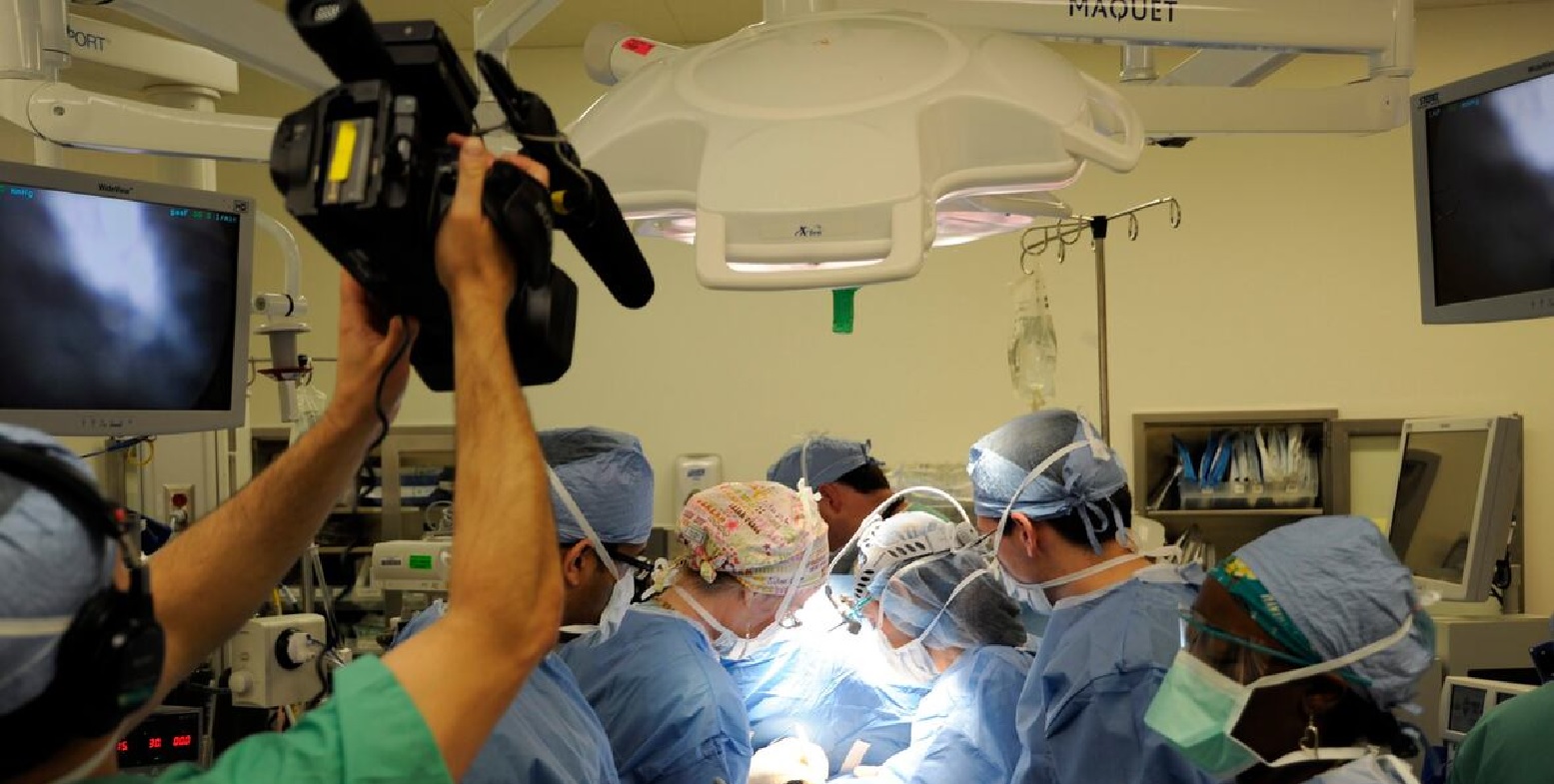With viral infection rates slowing, or in some cases leveling off, there is hope that we may have seen the peak of the virus. Except for emergencies, hospitals had shut down operating theatres and elective surgeries in order to devote staff and resources to fighting the virus. Now, medical authorities are beginning to think about how to cope with what has become a truly massive backlog of surgeries.
Although called ‘elective’ such surgeries are nonetheless medically necessary and include things like hip and knee replacement, cancer treatments, cardiac bypass, stent, cataract treatment and many other types of scheduled important surgeries not deemed ‘urgent’ or ’emergency’.
In spite of an otherwise high level of health care in Canada, wait times in this country for important surgeries have always been long. The Fraser Institute think tank reports of 2018 and 2019 indicate that from the time of seeing a doctor, further referral to a specialist, and then to surgery such as hip replacement or cancer treatment varies substantially from province to province, but can take months in almost all cases.

Last year in Ontario alone there were over 180,000 elective surgery operations. These include things like hip replacements, cardiac repairs, cataract surgery etc. All have been postponed all across Canada for weeks leading now to a massive backlog for treatments, some of which might now develope into more serious problems due to delays. (CBC)_
This was before COVID-19 which has pushed back surgeries by the thousands across the country. Again, before COVID-19, a CBC report in January noted that several major hospitals in Ontario were filled overcapacity nearly every day in 2019.
Dr. Chris Simpson is the Chief Medical Information Officer, for Novari Health a medical software firm. He says, “Canada has always struggled with providing timely access to care for “elective” procedures and surgeries, as well as access to specialist consultation. This pandemic now promises to create a further, unprecedented negative impact on wait lists that are already too long. Not only will patients need to endure more suffering and pain as they wait longer for necessary care, but we’re going to see things that were “elective” turn to urgent”.
That concern was echoed by Dr. Leanne Casaubon, a stroke neurologist and director of the TIA and Minor Stroke Unit at Toronto Western Hospital. Quoted in the Toronto Star she said, delayed care for some patients could well mean extended care filling beds in hospitals in the future if symptoms get worse.
“Our concern is that an unintended consequence of this will be a potential increase in stroke into the near future, that we certainly want to help to avoid as best we can,” said Casaubon.
There are concerns that as more people arrive needing surgery in a system already stressed before the pandemic, the backlog will mean wait times increasing by more months or even years.
A CBC report now suggests that up to 100.000 surgeries across the country are now in the queue.
Medical authorities now suggest that to even start to deal with the backlog, hospitals will need to open theatres on weekends and during evenings. Even if the virus cases start to decline, they say more government funding will be needed along with a reliable supply of protective gear, and test kits for every patient who would undergo a procedure.
additional information – sources
- Fraser Institute-Wait times for health care 2019 and 2018
- CBC: Apr.22/20 : Surgery backlog from COVID-19 could reach 100.000 (video report)
- Global News: R.D’Amore: Mar.30/20 ‘Collateral damage’ Wait times, cancellations hit health care outside of COVID-19
- TorStar: McKinley/Armstrong: Apr.2/20: Doctors brace for backlog as elective surgeries postponed amid coronavirus crisis
- CBC: M Crawley: Jan.22/20: Some of Ontario’s biggest hospitals are filled beyond capacity nearly every day







For reasons beyond our control, and for an undetermined period of time, our comment section is now closed. However, our social networks remain open to your contributions.